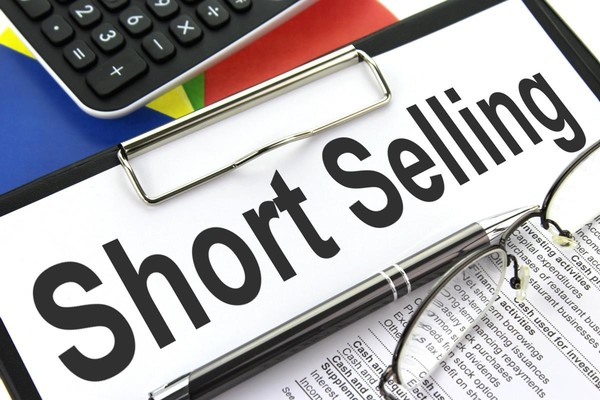Short sellers are targeting biopharmaceutical stocks after the authorities allowed the partial resumption of short-selling last year.

The government permitted the resumption of short-selling Kospi 200 and Kosdaq 150 stocks last May after banning it for one year and two months to prevent a market crash amid the Covid-19 pandemic’s fallout. Short selling is an investment method that borrows stocks in anticipation of a fall in the stock price and then repurchases them at a lower price when the stock price goes down.
According to the Korea Exchange (KRX), the balance of short selling in the biopharmaceutical stock market had reached 2.6 trillion won ($2.1 billion) as of last Tuesday, up a 28.8 percent increase from 2,189 billion on May 3, 2021, when the government allowed its resumption.
Celltrion showed the largest short-selling balance at 737 billion won, followed by Samsung Biologic (260.4 billion won), SK Bioscience (157 billion won), SK Biopharmaceutical (96.7 billion won), Yuhan Corp. (67.3 billion won), Shinpoong Pharmaceutical (33.5 billion won), Hanmi Pharmaceutical (16.8 billion won), Youngjin Pharmaceutical (16.1 billion won), Bukwang Pharmaceutical (13.3 billion won), and Hanmi Science with (12.6 billion won).
During the period, the KRX Healthcare Index, which comprises 93 major biopharmaceutical companies listed on either Kospi or Kosdaq and selected by the exchange, also fell 38.9 percent from 4,228.09 to 3,044.30.
Industry experts have cited the prolonged slump in biopharmaceutical stocks as one of the primary reasons for the short-selling balance increase.
The number of biopharmaceutical companies on the top 50 companies based on the percentage of short selling balances has also increased from 17 – five on Kospi and 12 on Kosdaq -- in May last year to 26 – seven on Kospi and 19 on Kosdaq – in February.
Due to the increased interest in Korean biopharmaceutical stocks from short-sellers, there were many cases where short-selling targeted stocks were placed on the "short selling overheated stocks list." That suspends short selling of stocks for a day if certain conditions are met, such as the proportion of short selling more than doubled compared to the average of the previous 40 trading days.
Of the 352 cases where the exchange designated companies on the overheated short-selling list since May last year, 109 were biopharmaceutical stocks.
Industry insiders expect that the balance of short selling in the biopharmaceutical stock market will increase this year as the government plans to resume short selling within this year entirely.
"When the government completely lifts its ban on short selling, biopharmaceutical stocks will face more short selling," Lee Jun-soo, an analyst for Prophet Asset Management, told Korea Biomedical Review. "Short selling is bound to increase when a sector is not doing so well, and investor sentiment in biopharmaceuticals stocks has declined recently due to a string of unfortunate events that have undermined the credibility in the sector."
Lee cited as examples the news of massive embezzlement at Osstem Implant, financial authorities starting a discussion on Celltrion's alleged accounting fraud, and drug regulators rejecting MedPacto's plan to change the design of the phase 2 trial of Vactosertib.
"Therefore, if short selling is completely lifted, investor sentiment toward the bio sector will decline further, throwing the industry into a difficulty," Lee said.

